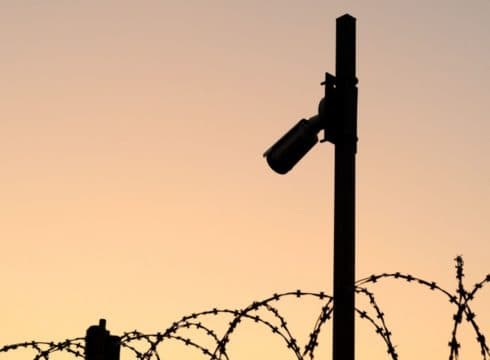The AI-backed video analytics platform is called Jarvis
The programme is developed by Gurugram-based startup Staqu
The system will allow UP Police to track 700 cameras
Inc42 Daily Brief
Stay Ahead With Daily News & Analysis on India’s Tech & Startup Economy
Due to the limited resources and a lack of adequate funding, Indian law enforcement agencies have been seeking tech-based solutions to assist in criminal case investigations. In a recent development, the Uttar Pradesh government has deployed an AI-backed video analytics platform Jarvis, developed by Gurugram-based startup Staqu, to facilitate law enforcement.
The AI-backed system will be set up in 70 prisons across the state that will allow the law enforcement agencies to analyse feeds from 700 CCTV cameras. Any violation or illegal activities will be flagged and notified to the prison authorities.
Through this, the UP government wants to keep a check on frisking of inmates and visitors, unauthorised access, act of violence, crowd analysis and detection of prison breaches.
“We are glad to integrate a cutting-edge and advanced solution that will closely monitor and scrutinise all the activities that take place in a prison cell. As the digital wave spread across India, we require such smart and advanced solutions for ensuring complete security and wellbeing of the civil societies,” Anand Kumar, director general prisons of Uttar Pradesh, said in a press statement.
The AI-backed Jarvis platform has been trained on data of over million videos depicting violence and other unruly behaviour captured through different CCTV sources. Staqu, founded by Chetan Rexwal, Anurag Saini, and Pankaj Kumar Sharma in 2015, has also enabled facial recognition system called Trinetra app for Rajasthan, Uttar Pradesh and Punjab to help them identify faces and look for potential matches in centralised database of criminals.
The company has also developed an app that provides police personnel with secured login IDs and access to the criminal database. Through this, the authorised officials can profile criminals or mission people and gain access to their biometrics — fingerprints, voice, and facial recognition. The startup claims to have helped the police catch criminals.
Last year in January, Staqu’s AI-powered predictive policing technology was selected by the Dubai police, out of solutions provided by over 677 startups.
Other players in this deeptech surveillance system include Bengaluru-based defence startup Tonbo Imaging and IoT-based border security solutions provider CRON Systems.
Tonbo Imaging offers solutions for military reconnaissance, infrastructure security, and transportation safety. Whereas, provides solutions for border defence and commercial security applications and has been working with the Border Security Force (BSF) and the Indian Army.
{{#name}}{{name}}{{/name}}{{^name}}-{{/name}}
{{#description}}{{description}}...{{/description}}{{^description}}-{{/description}}
Note: We at Inc42 take our ethics very seriously. More information about it can be found here.


